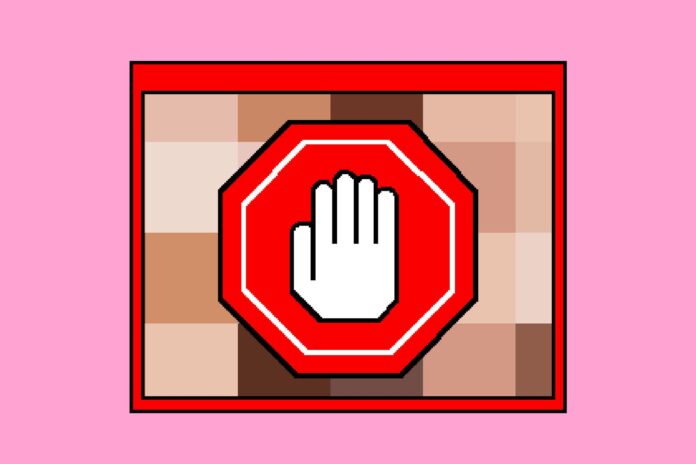safe
Google Says “No Thanks” to EU Fact-Checking Demands
In a move that has sent ripples through the tech industry, Google has publicly rejected the European Union’s proposed fact-checking requirements for its search engine and YouTube platform. This decision signals a potential clash between the EU’s ambitions to curb online misinformation and Google’s commitment to platform neutrality and user choice.
What exactly did the EU ask Google to do?
The EU’s Digital Services Act (DSA), a landmark piece of legislation aimed at regulating online platforms, mandates that large tech companies like Google take proactive steps to combat the spread of disinformation. A key provision of the DSA requires designated platforms, including Google Search and YouTube, to implement robust fact-checking mechanisms. This includes partnering with independent fact-checking organizations, labeling potentially false content, and providing users with access to verified information.
Google’s reasoning behind rejecting the proposal
Google has argued that the EU’s proposed fact-checking obligations infringe upon its core principles of free speech and platform neutrality. The company contends that labeling content as “false” can be subjective and potentially stifle diverse viewpoints. Additionally, Google expresses concerns about the potential for bias in fact-checking processes and the risk of censorship.
Analysis: Is Google prioritizing profit over public good?
Critics argue that Google’s decision reflects a prioritization of profit over public good. They contend that the tech giant’s vast influence in shaping online information flows creates a responsibility to mitigate the spread of harmful disinformation. Moreover, the potential financial implications of non-compliance with the DSA, including substantial fines, could incentivize Google to reconsider its stance.
The EU’s Perspective: Fighting Disinformation in the Digital Age
The EU views the fight against online disinformation as a critical challenge to democratic values and societal well-being. The bloc recognizes the potential for malicious actors to exploit online platforms for propaganda, manipulation, and the erosion of trust in institutions.
The EU’s broader strategy for tackling online misinformation
The DSA is part of a comprehensive EU strategy to address the issue of online disinformation. Other initiatives include promoting media literacy, supporting independent journalism, and establishing a framework for online platform accountability. The EU aims to create a more transparent and trustworthy online environment where users can access reliable information and engage in informed public discourse.
Potential consequences for Google if they further resist EU regulations
Google faces significant potential consequences if it continues to resist EU regulations. The DSA empowers the EU to impose hefty fines on platforms that violate its provisions. These fines can reach up to 6% of a company’s global annual turnover, a substantial financial deterrent for a tech giant like Google.
How this decision impacts other tech giants and their responsibility
Google’s stance has implications for other tech giants, such as Meta (Facebook) and Twitter, who are also grappling with the challenge of combating online disinformation. The decision sets a precedent for how tech companies may choose to engage with regulatory efforts aimed at curbing the spread of misinformation. It raises fundamental questions about the role of platforms in shaping public discourse and their responsibility to promote a healthy online environment.
Ripple Effects: What This Means for Users and the Future of Search
Google’s rejection of the EU’s fact-checking demands has far-reaching consequences for users and the future of search. The decision potentially undermines the accuracy and reliability of search results, leaving users more vulnerable to encountering false or misleading information.
Potential impact on the accuracy and reliability of search results
Without a robust fact-checking mechanism, search results may increasingly reflect a range of viewpoints, some of which may be demonstrably false. This could lead to confusion and distrust among users, who may find it difficult to discern credible information from misinformation.
Will this lead to increased user skepticism towards online information?
The proliferation of online disinformation can erode user trust in all online information sources. Users may become more skeptical of search results, news articles, and social media posts, making it harder to navigate the complex information landscape effectively.
Practical tips for users to navigate the information landscape more effectively
- Verify information from multiple sources: Don’t rely on a single source for information. Cross-reference information with reputable news outlets, academic journals, and fact-checking websites.
- Be critical of headlines and social media posts: Headlines and social media posts are often designed to be attention-grabbing, even if they are misleading. Read the full article or post before forming an opinion.
- Consider the source: Pay attention to the source of the information. Is it a reputable news organization, a government website, or a personal blog? The credibility of the source can impact the reliability of the information.
- Be aware of biases: All sources have biases, whether conscious or unconscious. Be aware of your own biases and the potential biases of the sources you consult.
- Fact-check information: Use fact-checking websites, such as Snopes or PolitiFact, to verify the accuracy of information you encounter online.
Conclusion
safe

